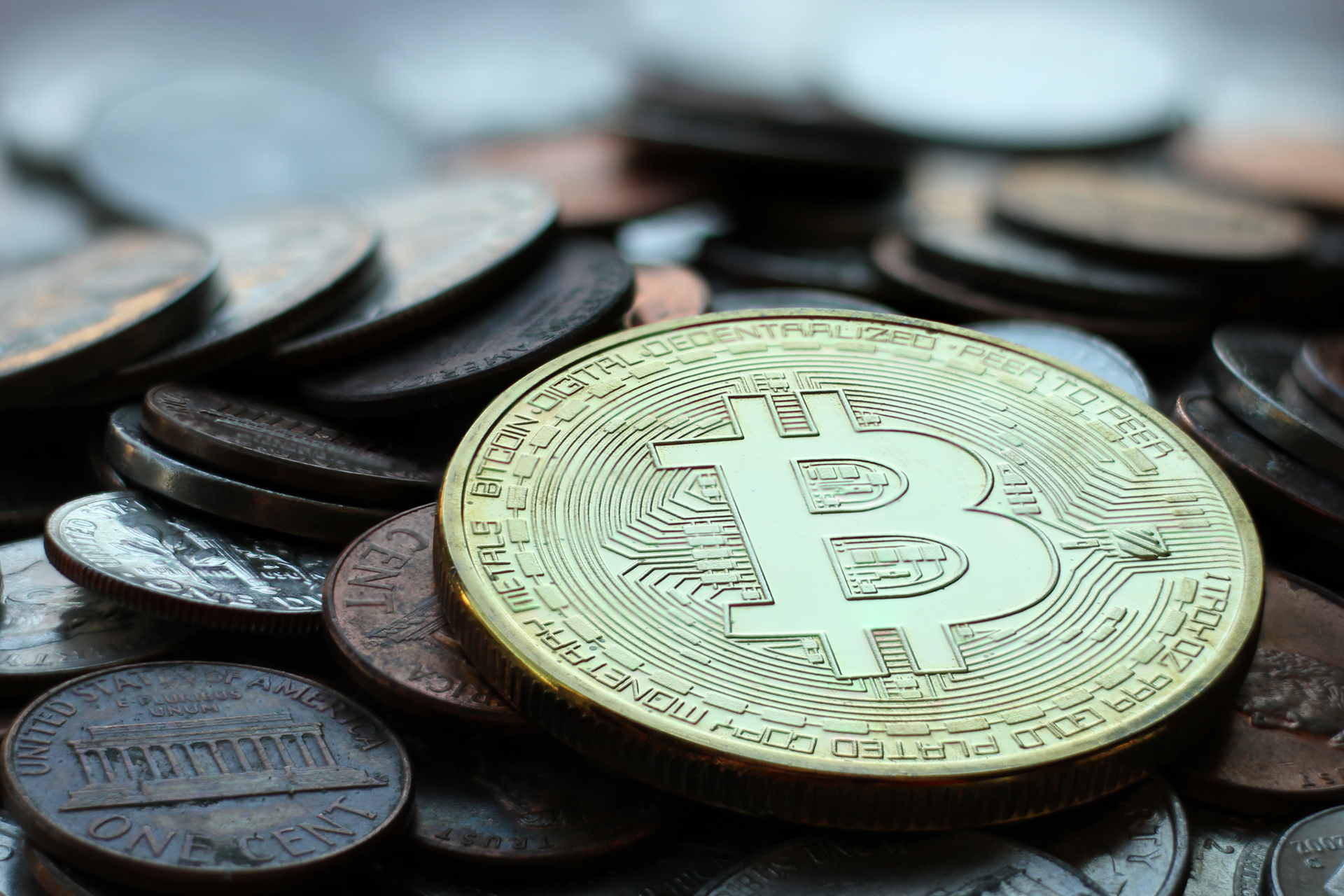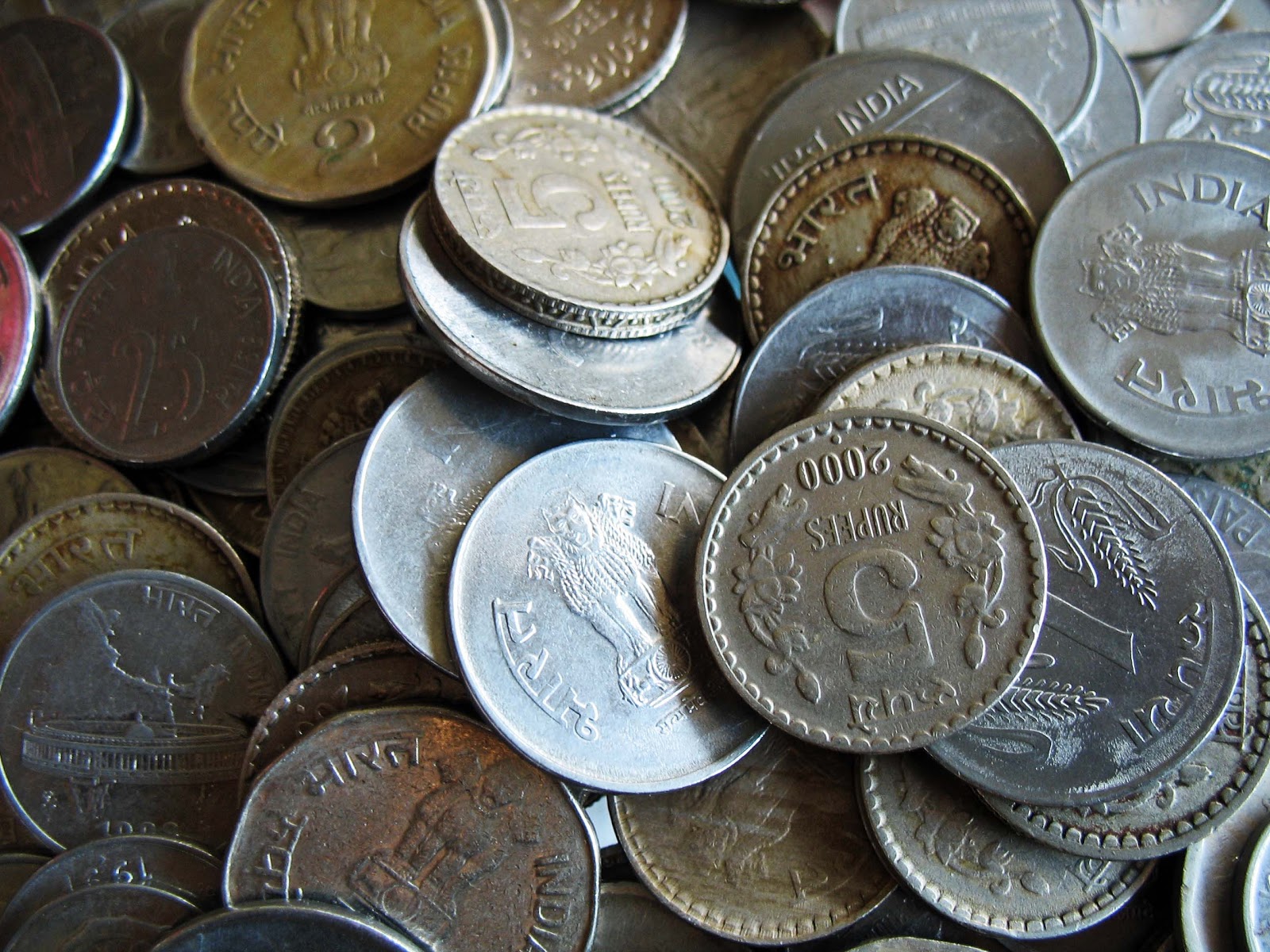Investing in coins has become increasingly popular among individuals looking to diversify their portfolios and explore alternative investment opportunities. While many may think of coin dealers or online marketplaces as the primary sources for purchasing coins, a surprising and often overlooked option is your local bank.
In this article, we will explore why investing in coins is gaining popularity, the historical significance and aesthetic appeal of coins, where to find coins, key terminology every coin investor should know, factors that contribute to a coin’s worth, researching coin values, building relationships with bank employees for insider access, tips for successful coin purchases from banks, storing and protecting your coin collection, diversifying your coin portfolio, strategies for selling your collection at peak demand periods, and ultimately how buying coins from banks can bring both joy and potential profitability to your investment journey.
The Allure of Coins
Investing in coins is gaining popularity due to their tangible assets and historical value. Unlike stocks or bonds, coins provide a physical connection and a sense of satisfaction beyond financial gain. They bear witness to human history, showcasing different eras, cultures, and artistic styles.
Each coin tells a captivating story that captivates investors and collectors alike. With their stability as assets and the rewarding experience of collecting, coins offer a unique opportunity to connect with the past while potentially benefiting from their value appreciation.
Where to Find Coins
Banks may not be the first place that comes to mind when searching for coins, but many offer customers the opportunity to purchase them directly. This convenience allows collectors and investors to easily incorporate coin buying into their regular banking routines.
Banks acquire coins through customer deposits, local businesses, and relationships with central banks. While banks may not specialize in numismatics, they can still provide a convenient starting point for those looking to start or expand their collections.
Understanding Coin Terminology
Having a solid understanding of coin terminology is essential for coin investors. In this section, we will explore key terms that every investor should know.
Understanding how coins are minted is crucial in assessing their value. Coins are struck using engraved dies, and factors such as mint errors, limited editions, or unique finishes can significantly affect a coin’s desirability and worth.
Coins are graded based on their condition, ranging from poor to perfect uncirculated. Factors like wear, luster, strikes, and eye appeal determine a coin’s grade. Higher-grade coins generally command higher prices due to their rarity and overall quality.
By understanding these coin terminology concepts, investors can make informed decisions about their investments.
Identifying Valuable Coins
Identifying valuable coins involves considering their rarity, scarcity, historical significance, and unique features. Coins produced in limited quantities or lost over time become increasingly rare and valuable. Historical events or distinctive attributes can also increase a coin’s worth.
For instance, commemorative coins celebrating milestones hold sentimental value for collectors. Resources like price guides and expert opinions help determine a coin’s value. Joining coin collecting communities and attending numismatic conventions provide further insights.
By understanding these factors and staying informed about market trends, collectors and investors can make informed decisions to build rewarding collections or profitable investments.
Researching Coin Values
To accurately determine the value of coins, thorough research is crucial. Online resources such as coin grading websites offer comprehensive information on historical price trends and grading standards, aiding investors in making informed decisions.
Monitoring auction records provides insights into market demand and prevailing prices, helping identify potential investment opportunities. Engaging with numismatic communities and staying updated on relevant publications further enhances knowledge and understanding of coin values.
| Online Resources | Benefits |
|---|---|
| Coin grading | Comprehensive info on values, trends, and grading standards |
| Auction records | Indicators of market demand and current prices |
| Numismatic forums | Insights from experienced collectors and emerging trends |
| Publications | Expand knowledge and provide additional tools for assessment |
Building Relationships with Bank Employees
Establishing friendly connections with bank employees offers several advantages to coin collectors. These relationships provide access to rare coins not available elsewhere and insider knowledge on upcoming releases or special offers.
By building trust and credibility, collectors can benefit from the assistance and support of bank employees who share their passion for numismatics.
| Benefits |
|---|
| Access to rare coins |
| Insider knowledge on upcoming releases |
Tips for Successful Coin Purchases from Banks
Establishing a good rapport with bank employees is crucial when buying coins from banks. Being friendly and showing genuine interest in numismatics can lead to exclusive opportunities or personalized assistance. Additionally, don’t forget to carefully inspect the condition of each coin before finalizing your purchase.
Look for any damage or signs of wear that may affect its value, and ensure its authenticity by checking mint marks and weight. Stay updated on market trends and current values to make informed decisions. By following these tips, you can increase your chances of finding valuable coins while building an impressive collection.
Storing and Protecting Your Coin Collection
Your coin collection is not just a hobby; it’s an investment that requires proper storage and protection. By implementing best practices, you can preserve the value of your coins and ensure their long-term condition.
To safeguard your coins from environmental factors like moisture, air, and chemicals, it is crucial to store them correctly. One effective technique is to use acid-free holders or capsules. These specially designed containers create a barrier between the coins and potentially damaging elements.
By preventing direct contact, they help minimize the risk of corrosion or tarnishing over time.
In addition to proper storage, regular cleaning methods are essential for maintaining both the appearance and condition of your coins. However, it’s important to approach cleaning with caution to avoid accidental damage. Gentle techniques using mild soap, distilled water, and soft brushes can effectively remove dirt without causing harm.
It is advisable to seek guidance from professional resources or experts when dealing with valuable or ancient coins as they may require specific cleaning procedures.
By following these guidelines for storing and protecting your coin collection, you can ensure its longevity and preserve its value for years to come. Remember that proper storage techniques and careful cleaning methods are key to maintaining the integrity of your investment.
[lyte id=’NZ2IT0KHP24′]







